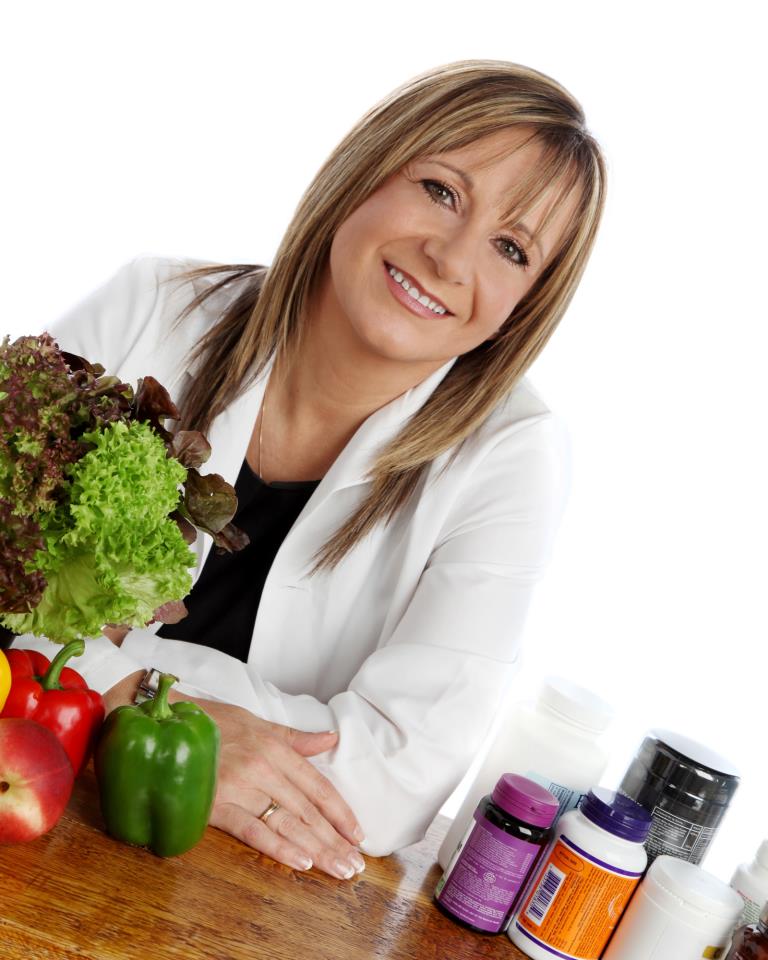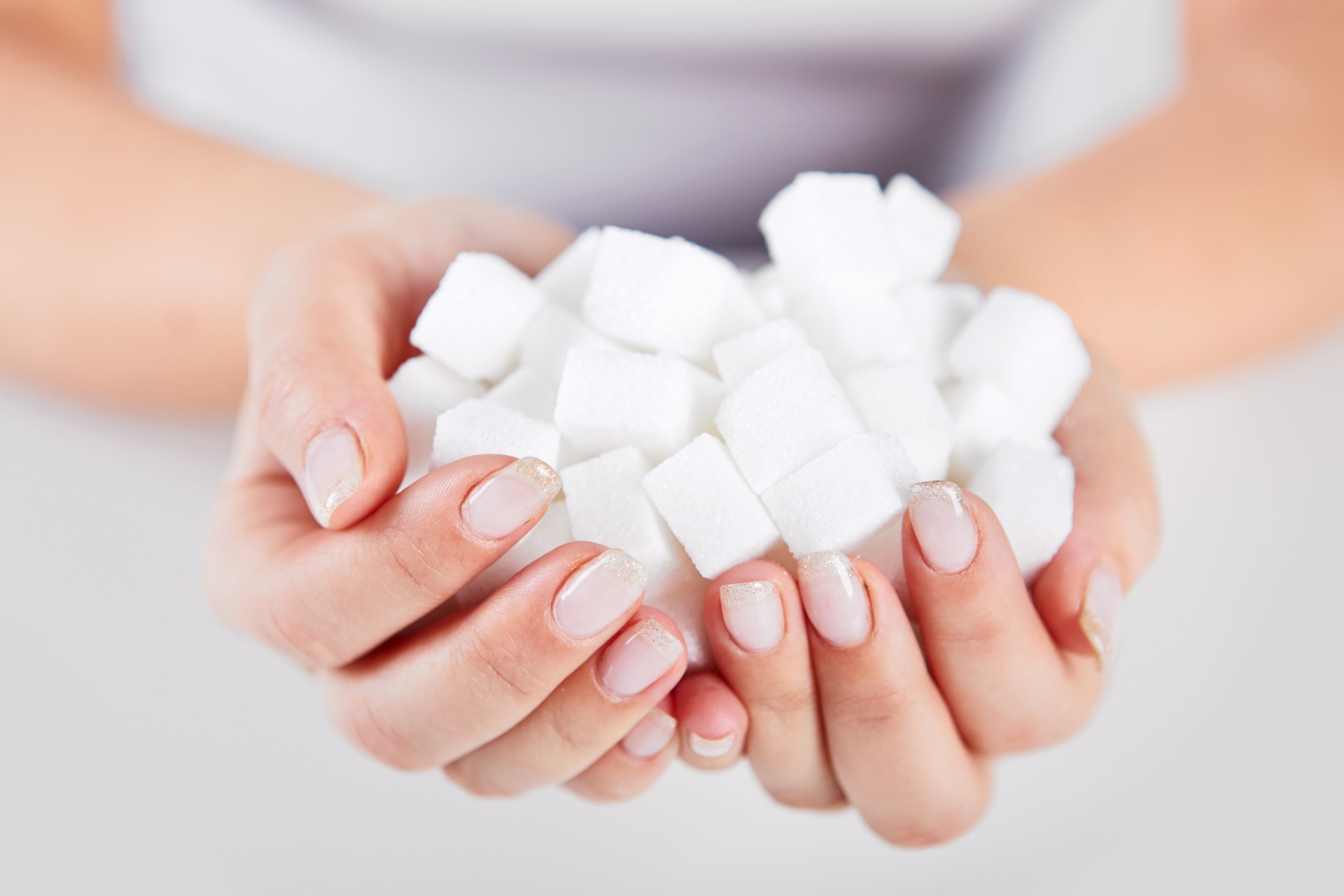
By Shona Wilkinson BSc, Dip NT, mBANT,CNHC
Freelance technical and commercial nutritionist
On the 12th October I was lucky enough to be invited to take part in the Sugar Summit in London, being held in conjunction with Sugar Wise at the UK Houses of Parliament. The discussion was being chaired by Keith Vaz MP. Mr Vaz is Chair of the All-Party Parliamentary Group to Diabetes and has Type II diabetes himself.
On the agenda for the debate was:
• What are the next steps in sugar reduction?
- What more can be done?
- Is a sugar tax viable?
- What impact will a sugar tax have?
- What role does the health industry and retailers play in all of this?
- Should we be doing more to increase acceptability of sweeteners so they can be used more extensively?

In my view, we are entering a time of significant change for the food industry, the highest priority being to better regulate the sugar content in foods and drinks. The Government has made it clear that the proposed introduction of a sugar tax could be only the start and they would consider adding more categories that might be amenable to taxation. This year, we have also seen the publication of the Childhood Obesity Plan and the discussion of potential changes to advertising and marketing guidelines which will offer more control over media space (especially space to which children are exposed) in the UK.
Sugar messaging
During the summit there was a lengthy debate on the labelling of sugars. This is of course not as straightforward as it seems. Should we follow the USA in separating added and total sugars on labelling? What difference does it make to our health if we consume sugars in natural foods like fruits or as free, added sugars? Would a consumer understand the term ‘free’ sugars? It seems that the introduction of teaspoon pictures on product packaging to depict the amount of sugar contained within the product is the simplest and most understandable for consumers. However, it will be down to those in the health sector to create the framework for classification.
It is pleasing to note that much of the pressure on the UK Government is coming from the general public. The public wants to know how much sugar is in food and it wants this information in the clearest and simplest way possible. Public demands will mean that retailers will have to adapt and stock more of the lower sugar containing foods and drinks. By refusing to sell anything that is too high in sugar, this will cause a ripple effect and hopefully result in the manufacturers being forced to produce healthier food.
As might be expected, some worrying comments were made during the debate. A large proportion of delegates felt that the use of artificial sweeteners was both acceptable and free of any health risks. Mr Vaz himself declared that he knew, “That the message about sugar is getting through because [he] was so pleased to see Diet Coke and Coke Zero being displayed at the front in Waitrose”. I was fortunate to be one of a number of nutritional therapists attending the Summit who responded vociferously against the use of artificial sweeteners. However, it was a stark reminder about the differences that still exist in some dietary recommendations given from dieticians to patients with type II diabetes, than those given by nutritional therapists or integrative medicine practitioners.
Just tell me and let me decide
Overall, the debate was incredibly thought provoking and it was good to get a feel for the current thinking of not only those in the industry, but the general public as well.
I believe it's every consumer’s right to clearly understand the amount of sugar in a product so that it can then be his or her decision on whether to purchase the product or not. It appears that when faced with the reality of the quantity of sugar present in processed or ready made meals, most people are shocked. It is my hope that the more simple the depiction on the packaging of the sugar levels, the more it will deter purchase and encourage better product choices.
Whilst we may be moving forwards with commercial messaging on sugar in the UK, there is still a whole lot of work to be done to educate consumers, parliamentarians, regulators and dieticians about the health risk posed by artificial sweeteners. Far from being a panacea for the sugar dilemma, the simple process of reduction and substitution with intense, non-nutritional sweeteners represents an entirely different challenge that needs to be embraced as a matter of urgency!
Contact Shona Wilkinson








Comments
your voice counts
31 October 2016 at 9:20 am
Re sugars, I'm not at all convinced that current research is sound.
Several papers concerning fructose give no indication that I can see what 'kind' of fructose was studied.
So far as I was aware, fructose which ought to be food-sourced fruit sugar was in earlier times unconnected with onset of type II diabetes. However, chemists seem to have accepted that processed/catalysed (and necessarily impure) corn syrup is "identical", and this misconception has found its way into legal regulation. That applies to HFCS and GFS. Corn syrup, unlike food-state fructose, has a long been suspected to be a main trigger for type II diabetes.
The industry would of course disagree, and no doubt have recourse to the best science money can buy.
For my part I am shocked to see large amounts of refined sugar totally un-necessarily added to fruit juices in supermarkets, which otherwise would be nutritious food for us all.
When these are advertised as 'sugar-free', they often contain all manner of other industrial sweeteners, which are far from innocent. Stevia and Xylitol (which have fewer disbenefits) are rare, but in any case I see no reason to be accelerating the tendency towards consumption of 'sweet' foods - it would be better if we had more contrasting bitter in our diets.
I even see sugars added to savoury foods. This is absurd.
The main problems in relation to health seem to arise from refined (white) sugars, and in particular anything highly processed, converted, cataylsed, 'inverted'. That's my personal view, but I believe there is a paucity of research with that particular slant.
I'm not sure where (or if) it was published, but I recall there was early research conducted in the Amazon basin focussed on a forest village tribe with exceptional longevity. They ate raw sugar which was naturally mineralised by forest water. Their teeth were good, they did not develop diabetes or other such diseases (although there must have been many confounding factors).
I doubt it would be difficult to find writers who would agree that raw unrefined sugar is relatively benign both in regard to tooth decay and to type II diabetes, but chemistry-based research seems to be lacking in finding a distinction.
I doubt that added tax will help. A main demographic will simply buy fewer healthy foods to have enough money to buy the addictive, sweetened stuff for their kids and themselves.
A better education-based solution would be to insist on unattractive 'POISON' symbols on anything containing GSF, HFCS (both of which, frankly, should be banned outright, despite the foreign corn industry), on anything with white refined sugars or synthetic or invert sugars so beloved by the poison food industry. At a push I might say 1% could be an allowable limit in contrast to the 10% we frequently see nowdays.
Raw sugar at reasonably small measure should be exempt.
Synthetic sweeteners should carry warnings, too.
But of course, we need more & better targeted research focused on health rather than marketing. And professors wise enough to see the difference between raw sugar, refined, and synthetics with similar formulae.
Your voice counts
We welcome your comments and are very interested in your point of view, but we ask that you keep them relevant to the article, that they be civil and without commercial links. All comments are moderated prior to being published. We reserve the right to edit or not publish comments that we consider abusive or offensive.
There is extra content here from a third party provider. You will be unable to see this content unless you agree to allow Content Cookies. Cookie Preferences